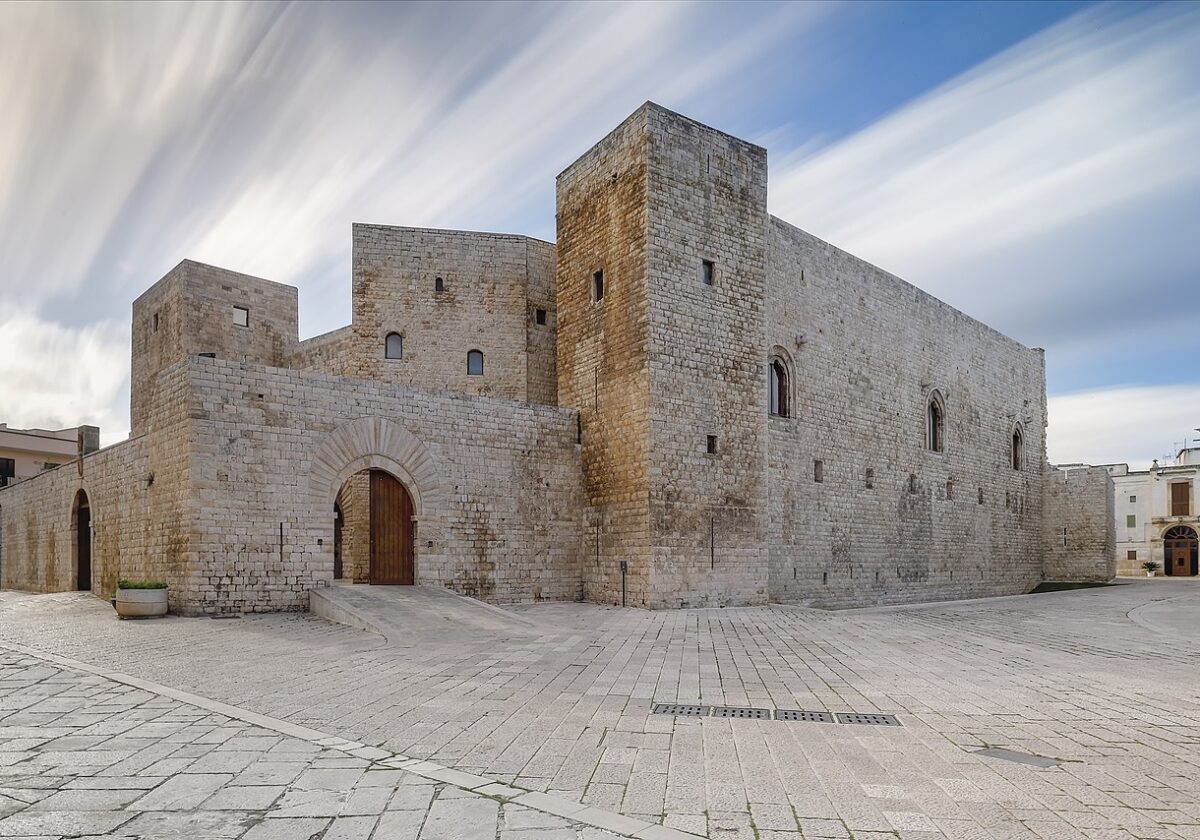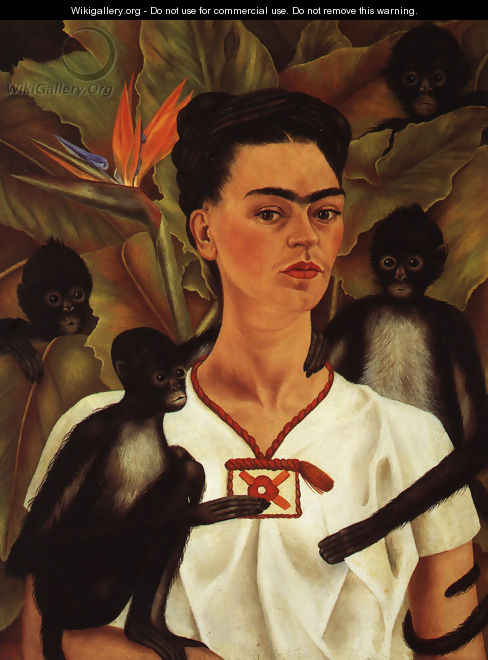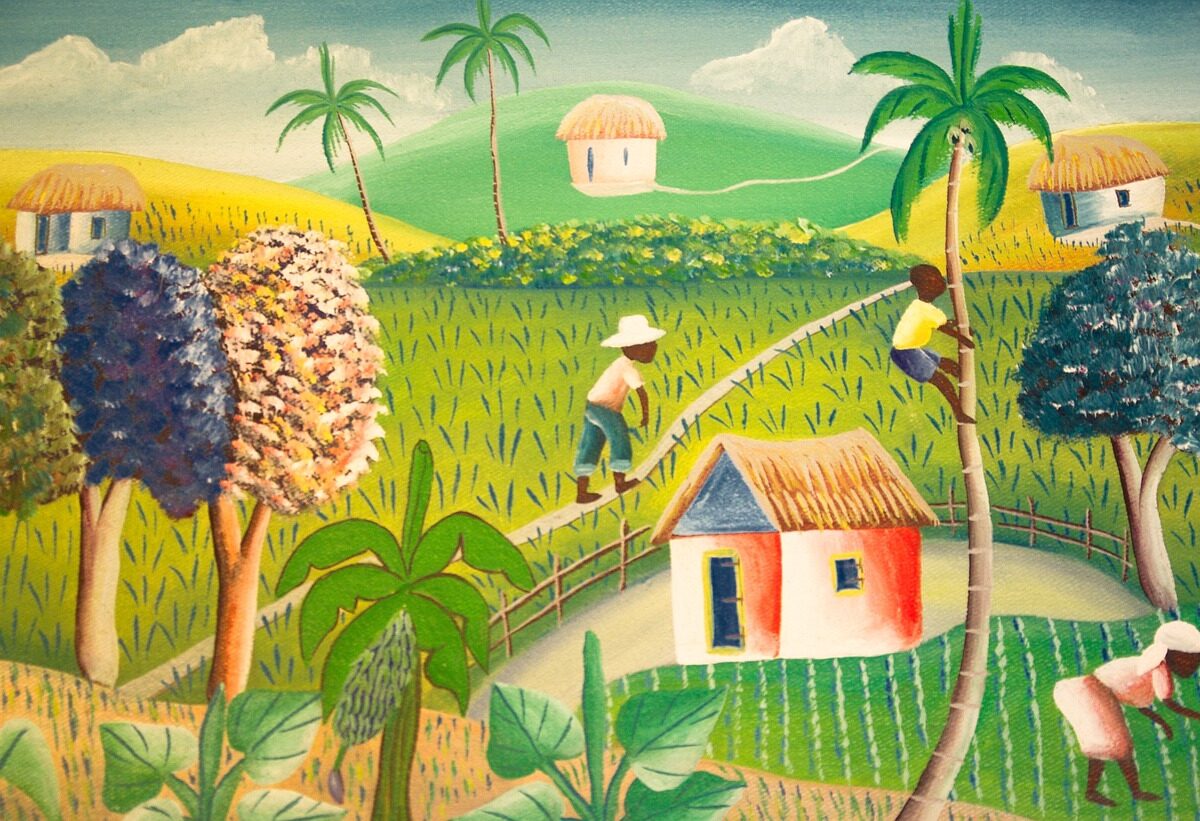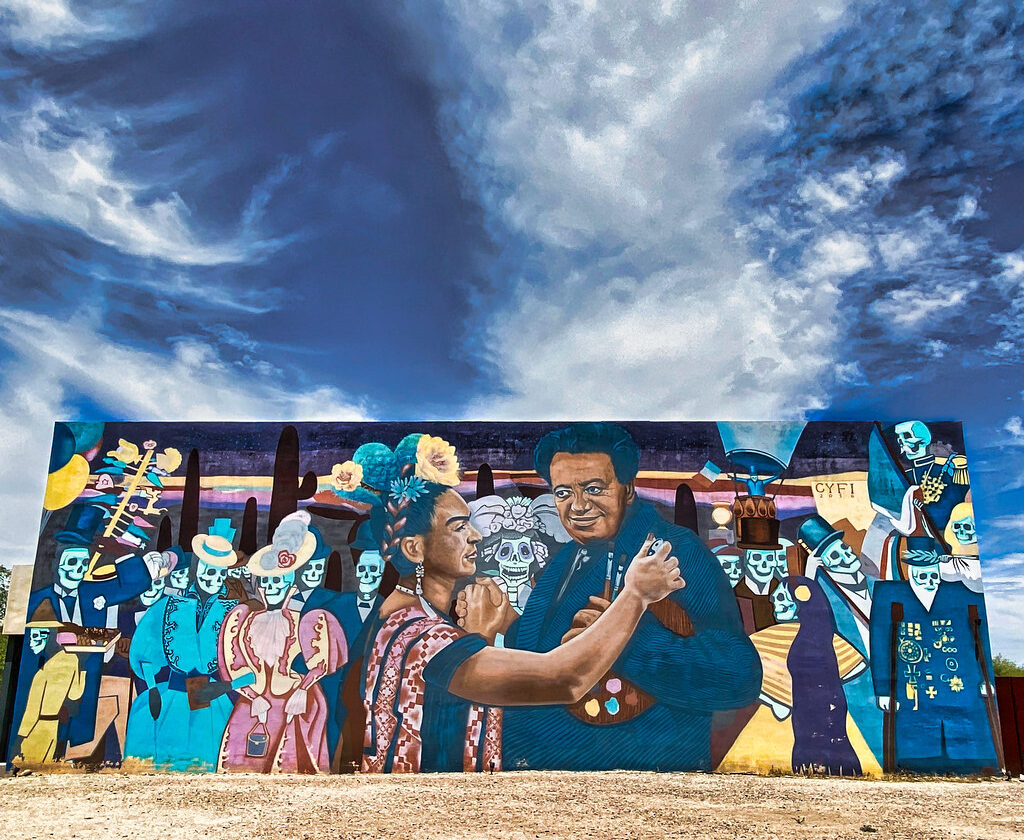In Crossing into America<: The New Literature of Immigration by Louis Gerard Mendoza, Subramanian Shankar, published in 2003, two English professors bring us narratives from recent immigrants:
A landmark collection capturing the complex experiences of America’s newest immigrants.
This breakthrough collection presents voices from the great second wave of American immigration. Mixing beautiful writing from celebrated authors such as Jamaica Kincaid, Maxine Hong Kingston, and Richard Rodriguez with striking selections from young writers, as well as diary entries and letters home from undocumented workers, Crossing into America presents a complex portrait of emerging America.
Since the immigration reform of 1965 removed many of the racial barriers in our immigration laws, the second wave of immigrants has transformed the face of the United States. Crossing into America includes stories and memoirs of writers born in Mexico, Cuba, Kashmir, the Philippines, South Africa, and Romania, among other places, as well as poignant reflections on the immigrant experience by the children of immigrants. The book also includes an accessible history of American immigration policy and an original and timely section of conversations with activists, artists, and journalists who work on the front lines of America’s immigrant battles.
Edited by two well-known specialists in immigrant literature—one an immigrant, one a child of immigrants—Crossing into America establishes a new canon of writing and is an essential resource for anyone interested in the future of America.
Contributors include: Teresa Acosta • Agha Shahid Ali • Julia Alvarez • Tara Bahrampour • Frank Chin • Sandra Cisneros • Andrei Codrescu • Martin Espada • Jessica Hagedorn • Maxine Hong Kingston • Jamaica Kincaid •Chang-Rae Lee • Frank McCourt • Richard Rodriguez
In “Amor de lejos: Latino (Im)migration Literatures,” B.V. Olguin notes, “Latino/a (im)migration narratives…often illustrate the traumatic aspects of displacement by focusing in part on how immigration, migration, exile, and colonization place people in a state of national limbo.”








chenlina20160618
longchamp handbags
kobe 10
adidas originals
polo outlet
nike air max 90
polo ralph lauren
replica watches
louis vuitton outlet stores
toms shoes
adidas originals
louis vuitton
louboutin pas cher
nike sb shoes
celine outlet
ghd flat iron
michael kors outlet clearance
coach factory outlet
michael kors outlet
air jordans
coach factory outlet
louis vuitton bags
michael kors handbags
nike air force 1
michael kors outlet
michael kors outlet clearance
air jordan 13
air jordans
michael kors outlet
adidas running shoes
tiffany jewelry
michael kors outlet online
cheap oakley sunglasses
celine bags
air jordan pas cher
toms shoes outlet online
cheap oakley sunglasses
coach factory outlet
cheap ray ban sunglasses
oakley sunglasses
coach factory outlet
as
the choice of the Roles immediately replica watchespost its physical evaluation by their watchmaking team. What’s more, in case of a non-agreement on price or change of decision,rolex replica authentic auctioneers will also return the timepiece to you at their cost. The final verdict should always lie with you since it is, after all, your most desired first Rolex watch!
2016-07-11keyun
michael kors outlet
fitflop shoes
timberlands
coach factory outlet
nfl jerseys
air jordan shoes
coach factory outlet
nike running shoes
oakley sunglasses
coach outlet
burberry sale
kd 7 shoes
michael kors outlet
ray ban sunglasses
coach outlet online
ralph lauren clearance outlet
polo outlet
michael kors outlet clearance
jordan 11
tory burch outlet
christian louboutin wedges
ed hardy outlet
lebron 13
ralph lauren outlet
ray ban sunglasses uk
oakley sunglasses
adidas uk
true religion outlet
true religion jeans
ray ban sunglasses outlet
adidas superstar
rolex watches
air jordan shoes
michael kors handbags
louis vuitton outlet
jordan 6s
cheap ray ban sunglasses
nike blazers uk
christian louboutin outlet
20160816 junda
coach outlet
ugg boots
michael kors outlet store
nike outlet store
cheap canada goose jackets
moncler jackets
michael kors outlet
pandora outlet
polo ralph lauren
swarovski crystal
coach outlet online
michael kors outlet
mulberry handbags
mizuno running shoes
uggs on sale
kobe bryant shoes
ysl outlet online
ugg uk,ugg outlet,ugg boots outlet
michael kors outlet online
ugg outlet online
ferragamo shoes
michael kors outlet online
polo ralph lauren outlet
fred perry polo shirts
longchamp handbags
ugg outlet online
nike roshe run
juicy couture outlet
michael kors outlet online
coach outlet
adidas nmd runner
ugg boots
oakley sunglasses
michael kors uk outlet
true religion outlet
hugo boss sale
coach factory outlet
abercrombie and fitch
nike huarache
ed hardy outlet
longchamp outlet
miami heat
hugo boss outlet
adidas nmd r1
coach outlet